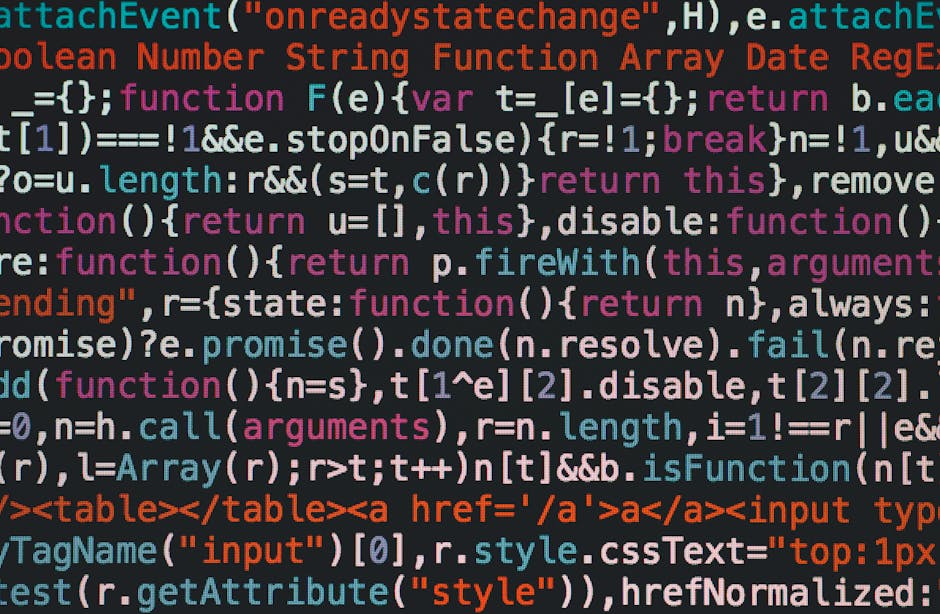The Changing Landscape of Work: Why AI is Becoming Essential
For years, the discussion around artificial intelligence has largely been theoretical. However, the landscape has dramatically shifted. Today, we are witnessing a tangible and widespread adoption of AI tools across industries, extending far beyond companies directly involved in AI development. From retail to education, finance to manufacturing, organizations are realizing that integrating AI is no longer a luxury but a necessity.
The driving forces behind this shift are multifaceted. Businesses are under constant pressure to improve efficiency, enhance productivity, and maintain a competitive edge. AI offers a powerful suite of tools to achieve these goals, automating repetitive tasks, generating valuable insights from data, and improving overall operational effectiveness. As a result, a growing number of companies are moving beyond exploring AI to actively requiring its use among their workforce.
Leading the Charge: Companies Mandating AI Usage
The trend of mandatory AI usage isn’t confined to a few pioneering companies. Several industry leaders are actively integrating AI into their daily operations and requiring employees to do the same. These initiatives signal a broader industry movement towards AI literacy and practical application.
Notable Examples
- Shopify: This e-commerce giant is pushing employees to utilize AI tools to enhance various functions, including product development, customer support, and marketing.
- Box: This cloud storage provider is similarly integrating AI into its workflows, expecting employees to leverage these tools for increased efficiency and innovation.
- Duolingo: The language learning platform is incorporating AI to personalize learning experiences and improve content creation, requiring employees to understand and utilize these tools.
These are just a few examples, and the list is continuously growing as more organizations recognize the value of a workforce proficient in AI tools. Executives understand that AI isn’t a project to be experimented with, but a core skill required for sustained success.
The Impact on Job Roles and the Job Market
The widespread adoption of AI is inevitably impacting the job market. Even within companies that develop AI, roles are being redefined and reshaped. Some tasks previously performed by humans are being automated, leading to the elimination or transformation of certain positions. This change can understandably create anxieties among employees, but it’s also opening up new opportunities for those who can adapt and acquire the necessary skills.
Evolving Job Descriptions
While some routine tasks are being automated, the demand for individuals who can manage, interpret, and enhance AI systems is rapidly increasing. This includes roles focused on:
- AI Integration Specialists: Professionals who can seamlessly integrate AI tools into existing workflows.
- Data Analysts: Experts skilled in interpreting data generated by AI systems and translating it into actionable insights.
- AI Prompt Engineers: Individuals who craft precise and effective prompts to optimize the output of generative AI models.
- AI Ethics and Governance Specialists: Professionals focused on ensuring responsible and ethical AI implementation.
The ability to work alongside AI, understand its capabilities and limitations, and leverage it to improve outcomes is becoming a highly sought-after skill. Companies are now actively prioritizing candidates who possess these competencies and investing heavily in training programs to upskill their current workforce.
Beyond the Hype: Practical AI Literacy for All
The shift towards mandatory AI usage isn’t about turning every employee into an AI engineer. Instead, companies are focused on cultivating practical AI literacy across all departments. This means fostering an understanding of how AI works, what it can achieve, and how it can be applied to improve day-to-day tasks. The emphasis is on empowering employees to use AI tools effectively and responsibly, rather than expecting them to build them from scratch.
Key Areas of Focus
- Understanding Generative AI Models: Employees need to understand the basics of how generative AI models function and how to leverage them for content creation, idea generation, and problem-solving.
- Automating Everyday Processes: Identifying repetitive tasks that can be automated using AI tools to free up employees’ time for more strategic and creative work.
- Collaborating with AI Systems: Learning how to work alongside AI systems, providing feedback, and refining outputs to achieve optimal results.
- Data Interpretation and Analysis: Developing the ability to interpret data generated by AI systems and use it to make informed decisions.
The most effective learning happens through hands-on experience and continuous practice. Companies are increasingly adopting structured training programs, mentorship initiatives, and practical application exercises to ensure employees develop the necessary skills and confidence.
Staying Relevant: The Competitive Advantage of an AI-Savvy Workforce
The movement towards mandatory AI usage is intrinsically linked to the need for companies to remain competitive in a rapidly evolving job market. Those who fail to invest in upskilling their workforce risk being left behind by competitors who are proactively leveraging AI to drive innovation and growth.
AI is quickly becoming as essential as email or spreadsheet software – a foundational tool for nearly every aspect of business. Employees who possess the ability to adapt, apply, and improve upon AI tools are poised for success, while those who resist change may find their roles becoming obsolete.
The future of work is not about replacing humans with machines, but about humans and AI working together synergistically to achieve greater results. Embracing this shift and investing in continuous learning is not just beneficial, it’s a strategic imperative for organizations and individuals alike.
Moving Forward: Embracing the Future of Work
The integration of AI into the modern workplace is no longer a question of “if,” but “how.” The evidence is clear: AI is transforming industries, redefining roles, and reshaping the very nature of work. The companies that thrive will be those that embrace this transformation and empower their employees to become proficient in leveraging AI tools.
This requires a fundamental shift in mindset, a commitment to continuous learning, and a willingness to adapt to new technologies and workflows. The ability to collaborate with AI, interpret its outputs, and refine its applications will be the key to unlocking new levels of productivity and innovation. The future belongs to those who can harness the power of AI and shape its impact on the world.
The skills needed to succeed in this new era are not limited to technical expertise; they also encompass creativity, critical thinking, and problem-solving. As AI takes on increasingly complex tasks, humans will need to focus on uniquely human qualities to drive innovation and guide the responsible application of this transformative technology.




Leave a Reply
You must be logged in to post a comment.